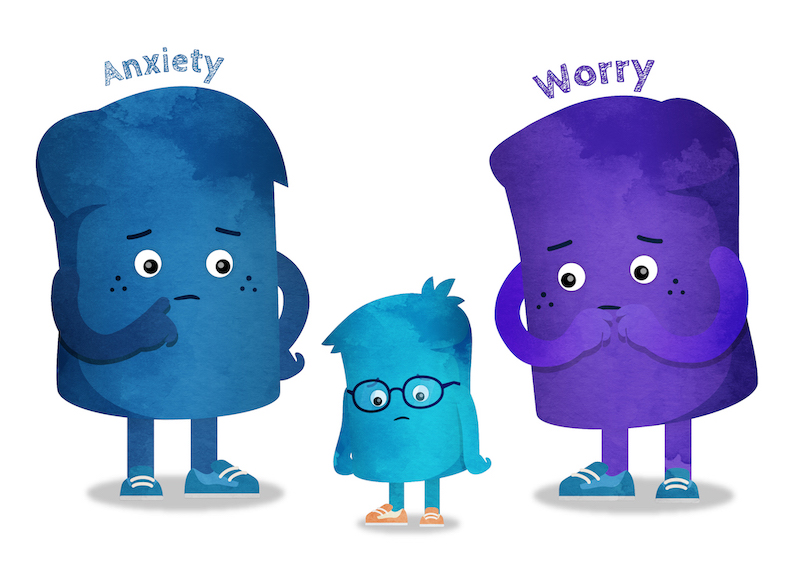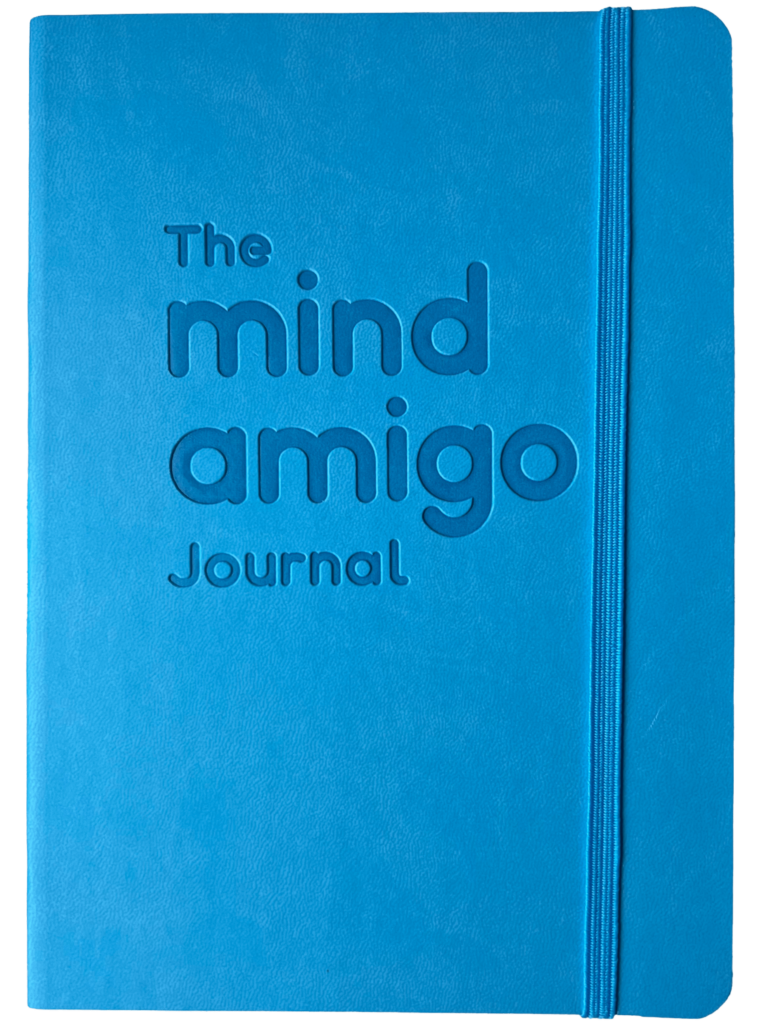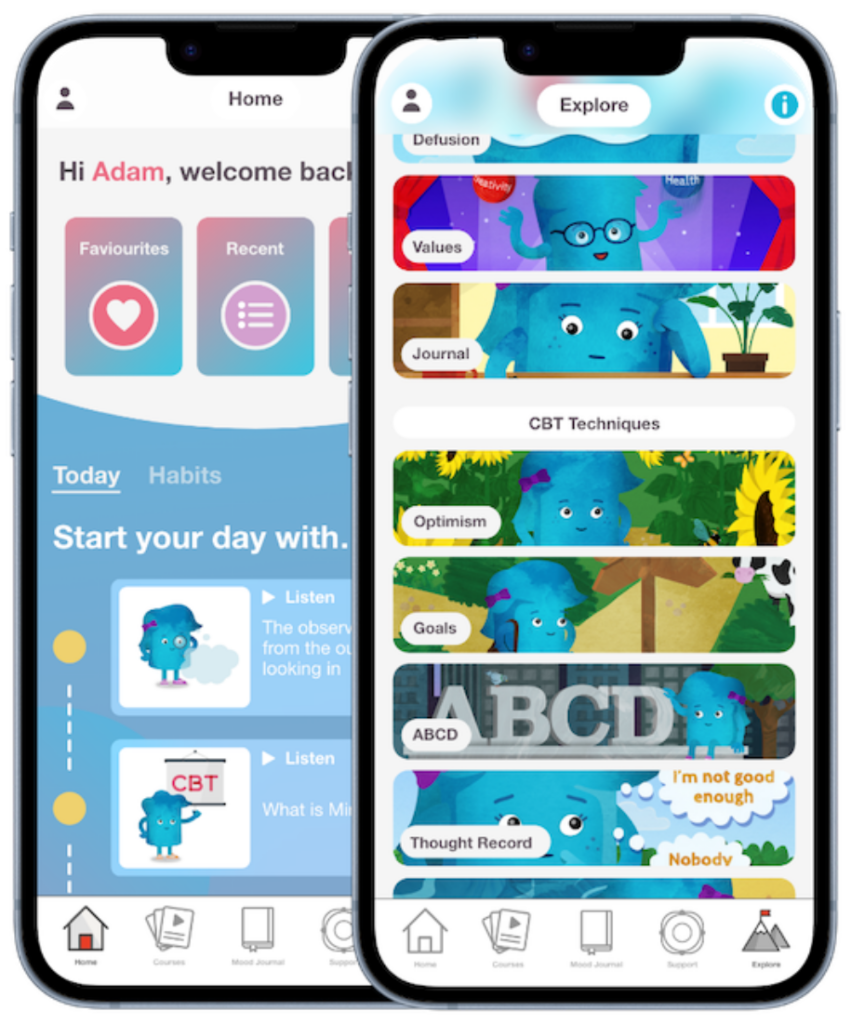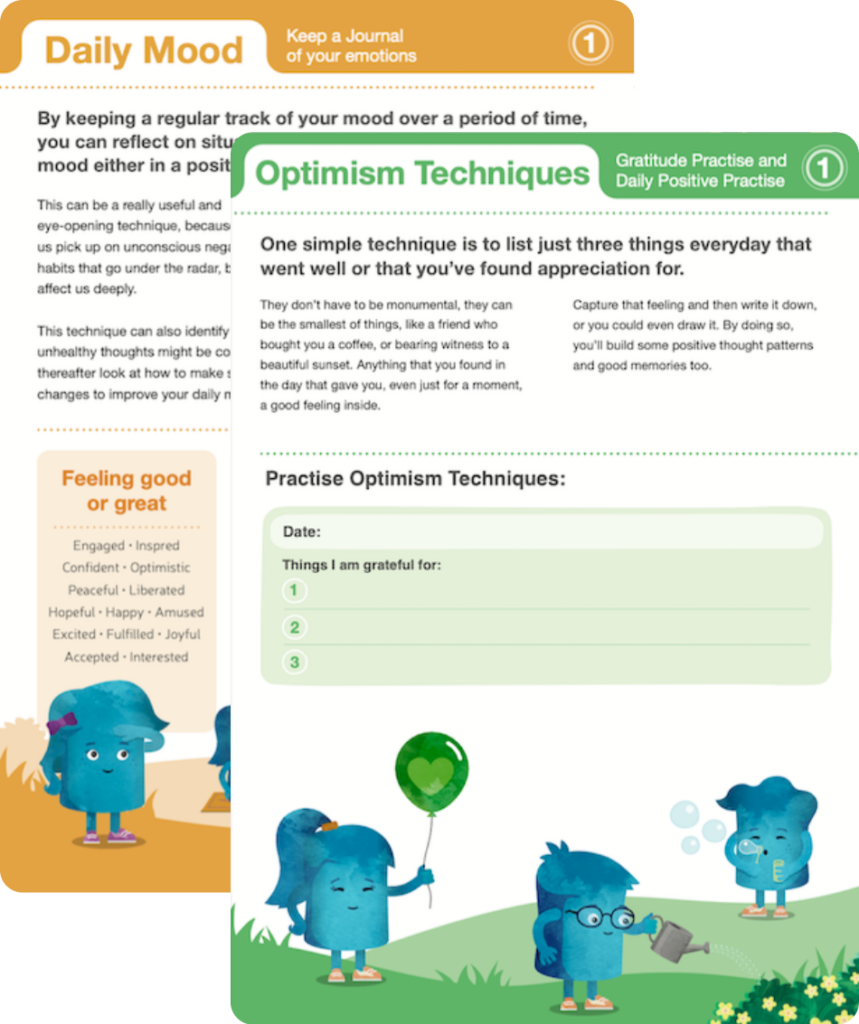Now this is an interesting question, because often we see both anxiety and worry as one of the same thing, and you wouldn’t be far wrong, but there is a difference.
So anxiety is really the emotional side to it all. On the one hand, it can be a relatively minor feeling of nervousness. Perhaps even nervous anticipation of something good that is about to happen, or on the other hand, it could be a far more distressing feeling of fear and dread that something bad is about to happen.
But whether or not the feeling is general nervousness or fear, anxiety is what happens when our natural fight or flight response kicks in preparing our bodies for an immediate response, and this is something that we all experience from time to time. So how then is worry different from anxiety?
Well, unlike anxiety, worry is not the emotional reaction but rather, it’s the thought process that we have in response to something that is of concern. Worry in effect is a coping mechanism that we use to try and think up solutions in order to deal with future threats and challenges.
And this is the thing, we can worry without being anxious as we can technically think through the consequences of something bad that might happen without experiencing that immediate emotional response.
Now for sure when we worry, we are very likely to experience some level of anxiety, but as a rule of thumb, worry is the thought process of thinking through what to do and anxiety is the emotional response.
And some anxiety can in fact be a good thing as it heightens our senses and makes us more alert and vigilant. It tweaks our attention processes so we automatically attend to what’s threatening which enables us to clearly deal with whatever problem has emerged.
So worry combined with some anxiety can be absolutely essential in getting us through life’s many challenges. It’s part of the human experience that we all share, but there does come a point when too much anxiety can become a problem.
And this is because too much anxiety ends up hindering our problem solving, attentional processes, to the point where we end up interpreting ambiguous things as threatening. In fact, we know that when we are anxious we don’t think clearly – how can we when our minds our racing? We lose perspective and end up catastrophising, in other words thinking something is a hell of a lot worse than it actually is.
The bottom line is that a little bit is okay in making us more alert and responsive to potential threats, so it’s important not to see anxiety as immediately a problem that we need to get rid of. Sometimes we can over diagnose ourselves as having an anxiety disorder, when what we’re experiencing is completely normal, but it’s still important to know the signs as to when it might be time to get help.
Now to whether your anxiety is becoming a problem, there are two things to consider. The first of which is whether the anxiety is disrupting normal everyday living so you can’t work effectively or you find that you’re not able to socialise as you normally would.
The other thing to consider is whether your anxiety is distressing on a daily basis. So it’s not a feeling that tends to come and go with time, but instead is a regular experience.
For those with anxiety it’s that sense of dread and lack of control. It’s like that feeling when you’re tipping back in your chair and then you suddenly feel as though you’ve tipped back too far. So you get that sudden sense of dread and panic as you think you might be about to fall.
This feeling happens a lot for those with anxiety even over small things. That fear that you’re losing control.
So if you find this is a common experience for you and your anxiety is affecting your normal every day life, then definitely seek help. Fortunately, there are plenty of coping strategies and insights to learn from that will not only help transform the way you manage anxiety, but change your perspective. In other words, to change how you relate to your anxiety.
And the way we do that is by being counter intuitive with anxiety. So instead of seeing it as the enemy that we need to suppress, we open up to it. We let go of the emotional struggle and focus on what the issue is that is causing distress.
At the end of the day, anxiety will always find us something to worry about. It’s never going away, but what we can do is change our relationship with it.
And with worry? The same approach is needed. Worry so easily slips over into anxiety as our minds race to solve a situation based on something that happened previously and for which there might be a future consequence.
Step back as you experience these feelings and sensations. Ride with it, don’t ruminate and then you can begin to see the issue and tackle it sensibly. In this way, you can perhaps see more clearly that separating the two off from each other – emotion from the issue – is hard but can be done. Get perspective, sleep on it, set worry time aside, reflect on previous situations that you had catastrophised about and accept that anxious feelings come and go but don’t need to dominate your life.






